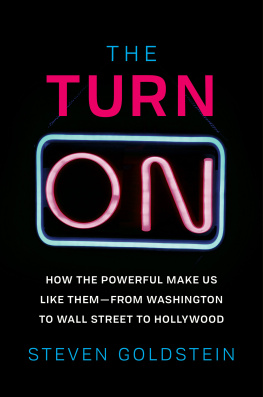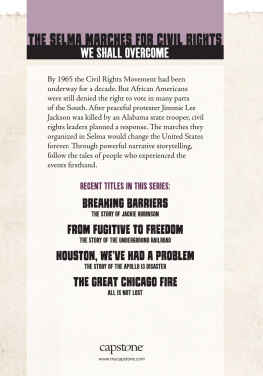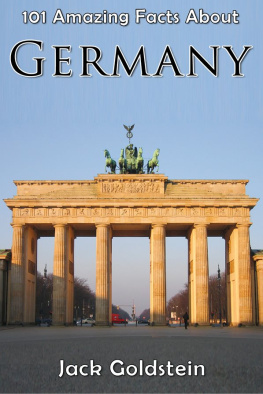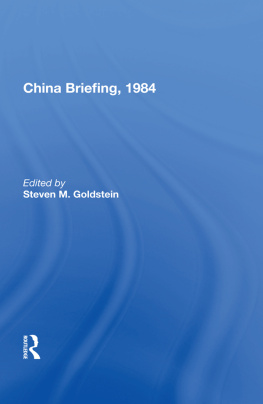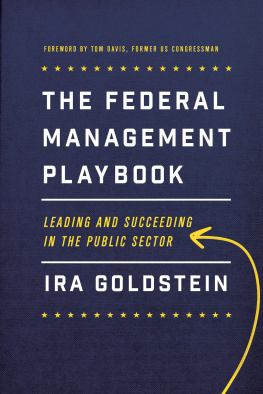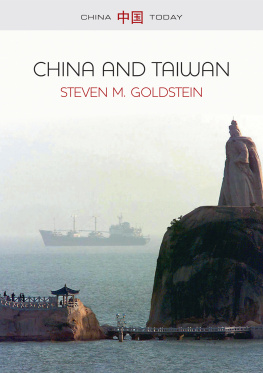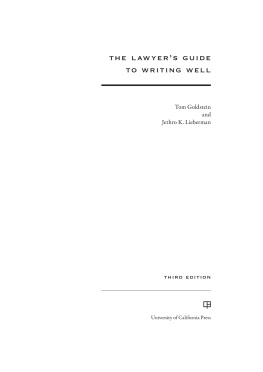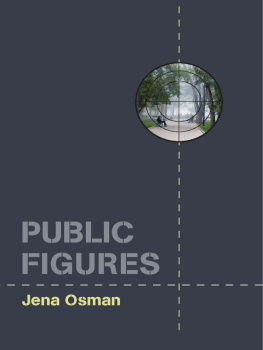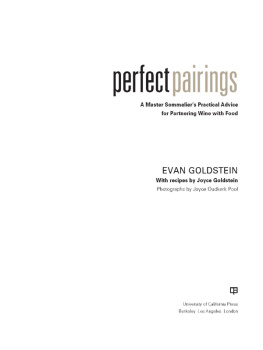Steven Goldstein - The Turn-On: How the Powerful Make Us Like Them - from Washington to Wall Street to Hollywood
Here you can read online Steven Goldstein - The Turn-On: How the Powerful Make Us Like Them - from Washington to Wall Street to Hollywood full text of the book (entire story) in english for free. Download pdf and epub, get meaning, cover and reviews about this ebook. year: 2019, publisher: HarperCollins, genre: Politics. Description of the work, (preface) as well as reviews are available. Best literature library LitArk.com created for fans of good reading and offers a wide selection of genres:
Romance novel
Science fiction
Adventure
Detective
Science
History
Home and family
Prose
Art
Politics
Computer
Non-fiction
Religion
Business
Children
Humor
Choose a favorite category and find really read worthwhile books. Enjoy immersion in the world of imagination, feel the emotions of the characters or learn something new for yourself, make an fascinating discovery.
- Book:The Turn-On: How the Powerful Make Us Like Them - from Washington to Wall Street to Hollywood
- Author:
- Publisher:HarperCollins
- Genre:
- Year:2019
- Rating:4 / 5
- Favourites:Add to favourites
- Your mark:
The Turn-On: How the Powerful Make Us Like Them - from Washington to Wall Street to Hollywood: summary, description and annotation
We offer to read an annotation, description, summary or preface (depends on what the author of the book "The Turn-On: How the Powerful Make Us Like Them - from Washington to Wall Street to Hollywood" wrote himself). If you haven't found the necessary information about the book — write in the comments, we will try to find it.
As a television producer, Congressional lawyer, leader of state and national civil rights organizations, and communications advisor to corporate and political leaders, Steven Goldstein has been a mover and shaker in every sector of American power. He knows what makes public figures likeable. Based on his twenty-five years of experience and original teachings, Goldstein tells us why we like certain people, and dislike others, in politics, business, and entertainment.
Why do we let some into our personal world and refuse to let others enter? Goldstein has developed a paradigm that describes how we fall in like, reminiscent of falling in love, with the public figures who shape our lives. And Goldstein names names. Why do we like Ellen DeGeneres and Morgan Freeman, yet find Gwyneth Paltrow sometimes maddening? Why do we like Warren Buffett, Microsofts Satya Nadella and Googles Sundar Pichai aside from their products and profits? And apart from our ideology, why do some of us like Barack and Michelle Obama and others Donald Trump, and what does Ben Franklin have to do with any of it?
Goldstein identifies eight traits of likeability that every public figure reveals to us in pairs, with each pair deepening our relationship with that person. The pairs are:
- Captivation and Hope
- Authenticity and Relatability
- Protectiveness and Reliability
- Perceptiveness and Compassion
Goldstein not only tells us how we fall in like with public figures, but he also reveals the behind-the-scenes players in politics, business and entertainment who shape who we like. Likeability isnt just something you have or you dont. Likeability can be manufacturedand it can be destroyed. Public figures can be their own worst enemies in saying or doing things that turn us off. Why do we forgive some but not others?
The Turn-On will make you think twice about a celebrity reinvention, a glamorous media appearance or a perfectly crafted speech, and will give you tools to take control of your own likeability and become more like your favorite star.
Steven Goldstein: author's other books
Who wrote The Turn-On: How the Powerful Make Us Like Them - from Washington to Wall Street to Hollywood? Find out the surname, the name of the author of the book and a list of all author's works by series.

